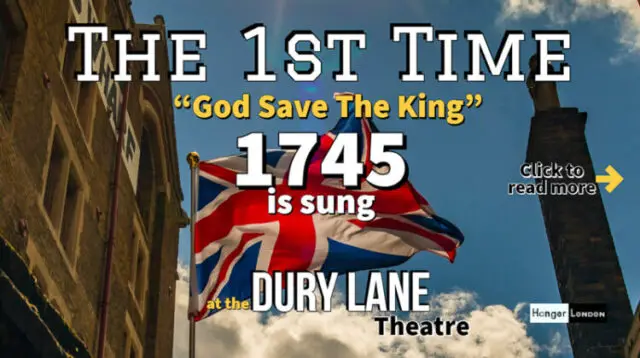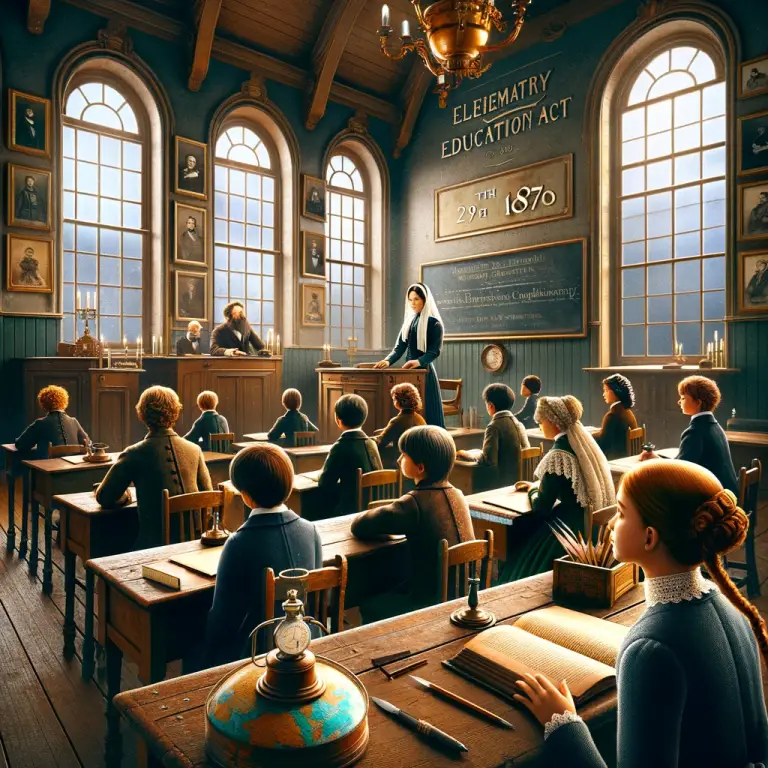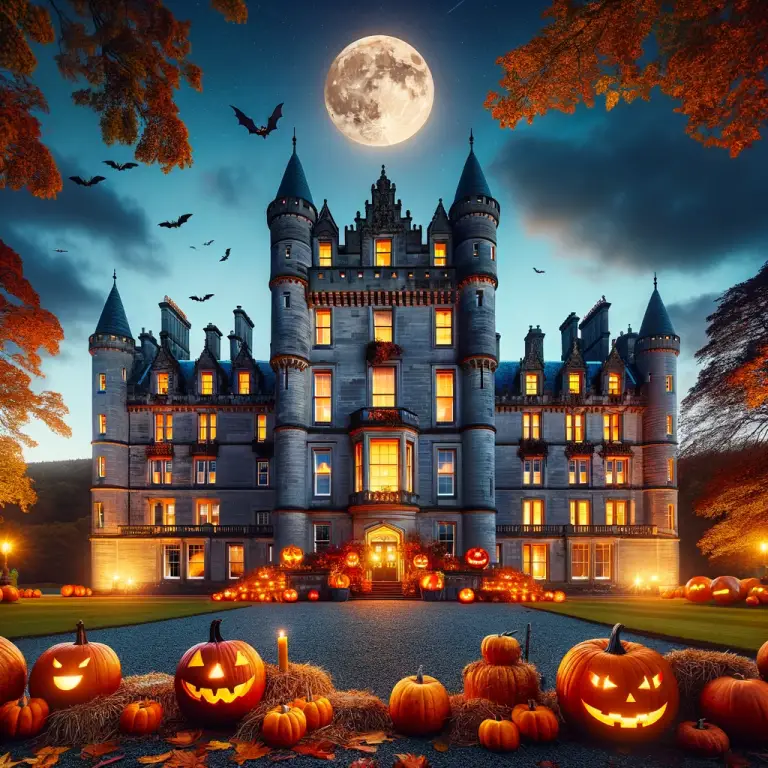‘God save great George our King, long live our noble king’
The 200-year-old magazine, ‘The Gentlemen‘ published a song in 1745 called ‘God save our Lord the King’, sung as an anti-Jacobean song in support of King George II. The words sung today is not too far from those originally published. What was the song’s connection with Jacobites and the Union?
The Acts of Union and the Jacobean Rebellion of 1745
Queen Anne oversaw the signing of the Act of Union in 1707, bringing the two nations of England and Scotland under the umbrella of one Monarch, under Great Britain. The Act oversaw the abolishment of the Scottish Parliament and all legislative powers moving to London. The move was seen north of the border in Scotland as an attack on Scottish self-rule; fast forward to the 2010s and Scotland gets a parliament back, albeit a devolved powers parliament, and in 2014 the Scots were asked the ultimate question, to tear up the 1707 Act of Union.
Back to the story, after Queen Anne’s passing, and thanks to an earlier act of parliament that prevented a Catholic from becoming the Monarch. The reign of the Stuarts was over as King George I became King, the first of the Hanoverian kings. A king who did not even feel the need to learn English.
Prince Charles Edward Stuart (The Young Pretender) based in France, joined the first of many uprisings against the King, suffering a notable defeat at the battle of Preston. It was to be his son, a generation later that would pick up the fight. His son was called Bonnie Prince Charlie. Bonnie Prince considered the timing right for a home uprising as the crown had troops and interests around the world, from the European mainland to the Caribbean. Bonnie Prince Charlie amassed an army of 20,000 in Edinburgh, the fight was on.
Bonnie Prince took his army south, taking Carlisle and easily taking Manchester, the English Crown seemed theirs for the taking. The Crown fought back, by recalling the Duke of Cumberland from France, to bring an army of Dragoons up to meet Bonnie Prince and his men. With the assistance of the army of Field Marshal George Wade, the Jacobites were pushed all the way back to Scotland. The Jacobites making their last stand at the Battle of Culloden Moor on April 16th 1746. The war was over.
The Song that played at the end of the performance God Save Great George
The lead musicians at the Theatre Royal, Drury Lane, caught the patriotic urge as the news had excited many and wrote “God Save The King”. It was played after a Theatre performance and was repeated each evening due to its popularity. This soon spread to other Theatres and when Royalty came to a building. It became the National Anthem.
The Alchemy that went on stage
Coincidentally, it seems the play, “The Alchemist”, by Ben Johnson was performed in the Theatre Royal Drury Lane on this day 1745. The play was written in 1610 and has stood the test of time. Some debate that he was never given as much recognition as he should have been. The Genius in his plots, characters, wit.
It is about 3 con men, “Dol Common”, “Subtle” and “Captain Face”. Set around the area of Blackfriars where masters of the place temporarily left home, to cleaner country air because of the plague, and how the opportunists carry on. This particular story sees Lovewit the Master entrust his home to the Butler who becomes “Captain Face”. Johnson Satirises the con men and enables people to identify with common traits people of that nature would have and the situations their victims would fall into.
Some of the names of the other characters ignite the imagination.
Dapper, Kastrill, Deacon Ananias – from Amsterdam, Dame Pliant, Abel “Nab” Drugger”, Sir Epicure Mammon, Sir Pertinax Surly.




